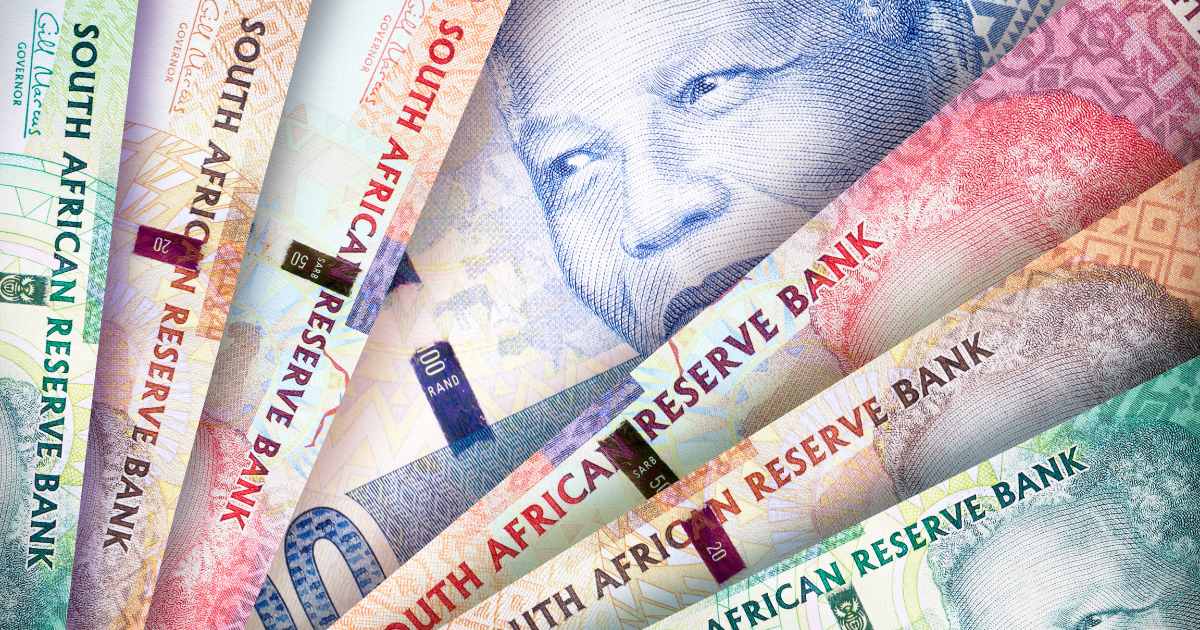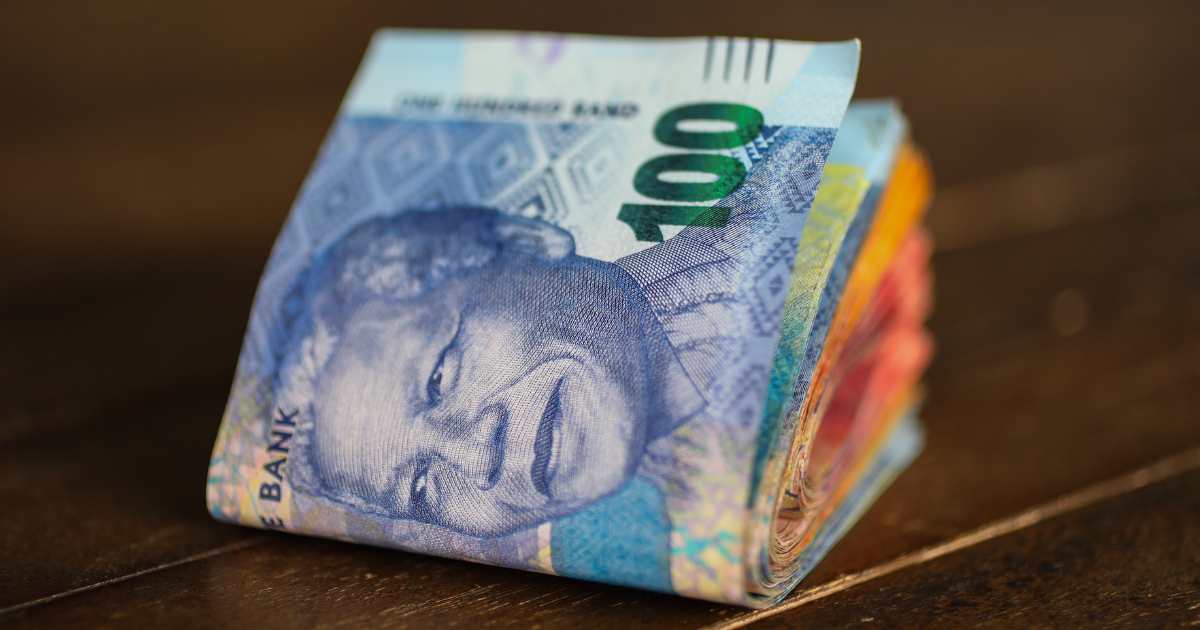
Software giant SAP says it aims to invest up to US$500 million in Africa by 2020, as it looks to accelerate growth across five regions with hub anchors in South Africa, Nigeria, Kenya, Angola and Morocco, Business Tech reports.
The group announced a seven-year plan to up-skill local African talent and drive sustainable innovation and growth in Africa by training up to 10,000 consultants by 2020, in close collaboration with local governments and universities.
SAP Africa is now taking responsibility for SAP operations across 51 African countries, including Morocco, Algeria Tunisia and Mauritania, it said.
The goal is to establish the African region as one of the company’s top five growth markets globally. SAP said that much of the direct investment will be outside South Africa, where it already has a solid footprint.
The SAP Africa growth plan is built on the following pillars:
- Accelerating industry growth in energy and natural resources, utilities, public sector, financial services and telecommunications in the core countries of South Africa, Nigeria, Kenya, Angola and Morocco.
- Promoting innovation on the continent by accelerating the roll-out of core innovative SAP technology solutions that can help address the enormous resource challenges Africa is facing.
- Enhancing small and midsize enterprises (SMEs) growth, which contributes 40% to Africa’s GDP, by selecting Kenya as the next market for the company’s Emerging Entrepreneur Initiative, due to the strength and potential of the Kenyan market to grow and support a thriving entrepreneurial ecosystem.
- Building foundational growth and skill development with the launch of additional Skills for Africa Scholarship Programme sessions in South Africa, Kenya, Nigeria and Angola by year-end by fostering an open business ecosystem of SAP-qualified consultants to execute various projects.
Currently, there are approximately 700 SAP employees in Africa. Details of the plan would include the recruitment of up to 250 employees through 2015 and the opening of an office in Angola and Morocco in 2015.









